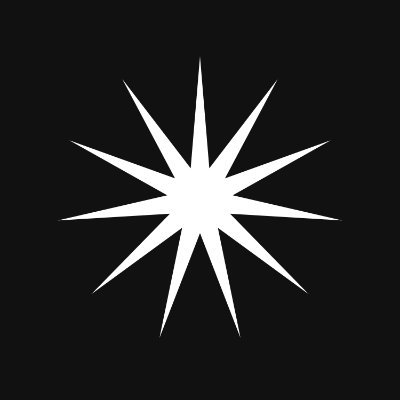

Múnar is a fully functional onchain AI agent that lets users interact with Web3 infrastructure using simple language prompts. From cross-chain swaps to project discovery, Múnar makes complex crypto actions intuitive and accessible.

growthepie is a platform dedicated to providing comprehensive and accurate analytics of Ethereum Layer 2 (L2) solutions. It serves as a trusted data resource, offering up-to-date metrics, analysis, and insights on various L2 projects within the Ethereum ecosystem.

Owlto Finance is decentralized Cross-Rollup bridge, focusing on enabling direct and efficient asset transfers between Rollups. This approach circumvents the traditional need for assets to move through the mainnet, reducing transaction times and costs, and catering specifically to the DeFi, NFT, and DEX sectors' need for seamless Layer 2 asset mobility. Owlto Finance operates without its own token and is self-bootstrapped.
Comet Protocol is a cross-chain communication aggregator designed to seamlessly connect Ethereum, Bitcoin, and other Layer 1 blockchains. Inspired by the enduring nature of comets, the protocol aims to enable secure, continuous, and uninterrupted asset transfers across multiple blockchain networks. Its mission is to foster an interconnected and scalable blockchain ecosystem, breaking down barriers between isolated networks to accelerate decentralized finance adoption. The project is currently self-funded and does not have a formal governance process in place. Comet Protocol has not yet issued a token, with the tokenomics still in development.

RareShop is a consumer-focused Real-World Asset NFT launchpad that lets users easily acquire and trade NFTs tied to physical products. By linking on-chain transactions with tangible goods, RareShop connects digital assets with real-world items, broadening NFT utility and enhancing the user experience. The platform has no formal governance structure, no token, and is entirely self-bootstrapped.

Brid.gg is a user-friendly platform that enables seamless asset transfers across Ethereum and Superchain networks, offering a secure and efficient transaction experience. It simplifies cross-chain transfers with a straightforward interface that supports Ethereum and Layer 2 solutions. Brid.gg operates without a formal governance structure, does not have a native token, and has no public funding records.

OP Mainnet, previously known as Optimism, is a Layer 2 scaling solution built on top of Ethereum. It utilizes optimistic rollups to provide faster and cheaper transactions while maintaining the security of the Ethereum mainnet.

Ink is a Layer 2 blockchain built by Kraken powered by the OP Stack. It connects Kraken’s 10+ million users to decentralized finance (DeFi), offering easy access to DEXs, lending, and yield protocols. By joining the Superchain, Inkchain combines Ethereum’s security with Layer 2 scalability for a streamlined DeFi experience.

Unichain is an L2 purpose-built for DeFi, exclusively on the OP Stack. Unichain is part of the Superchain’s path to interoperability, and will support ERC20s that are Superchain interop compatible. Uniswap Labs is also working with Flashbots to develop a new TEE-based block builder that reduces Unichain confirmation times from 1 second to 250 milliseconds.

Soneium is a Layer 2 blockchain developed by Sony Block Solutions Labs, a joint venture between Sony Group and Startale. Designed to bridge Web2 and Web3, Soneium aims to create a versatile, developer-friendly ecosystem that empowers creativity and innovation. It provides a scalable, accessible platform for developers, creators, and communities, enabling them to build and deploy applications that blend entertainment, gaming, finance, and more.